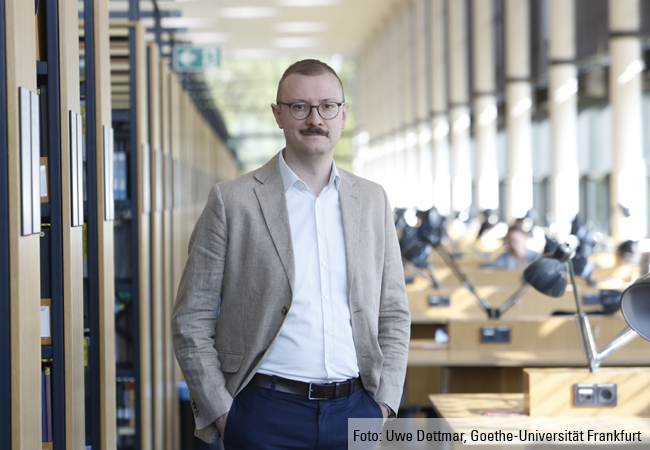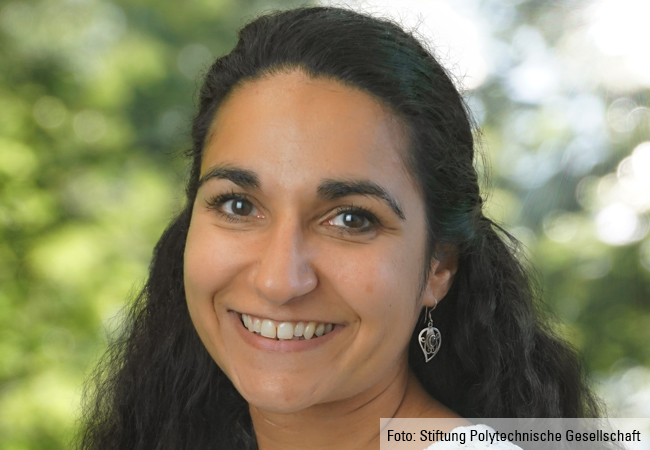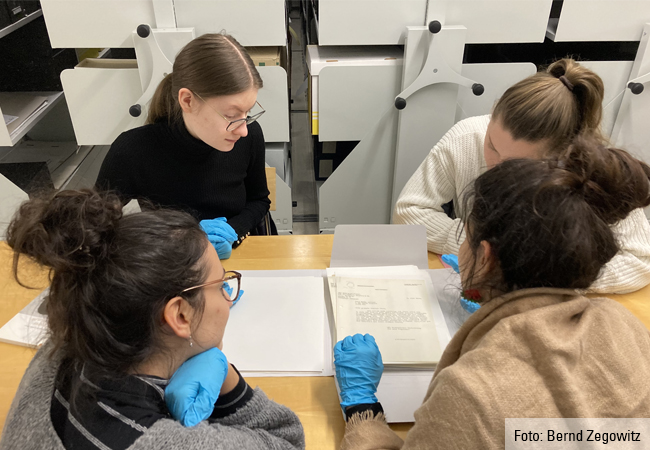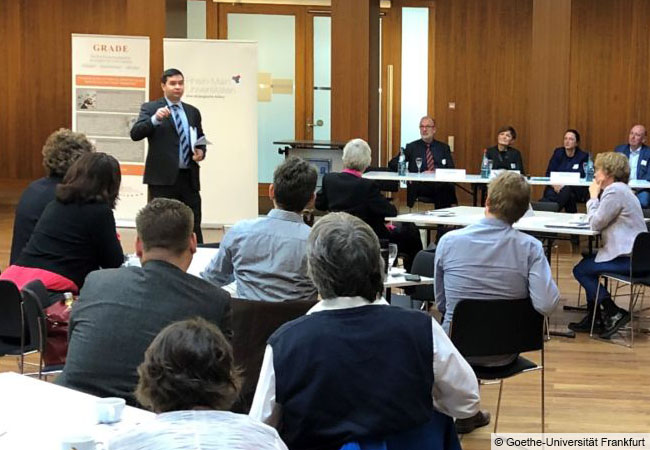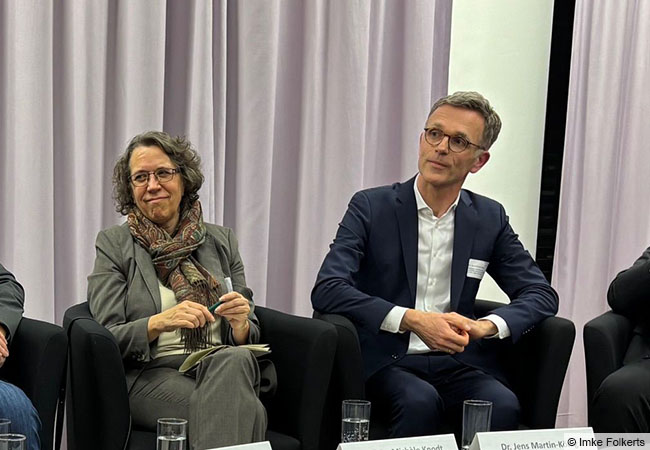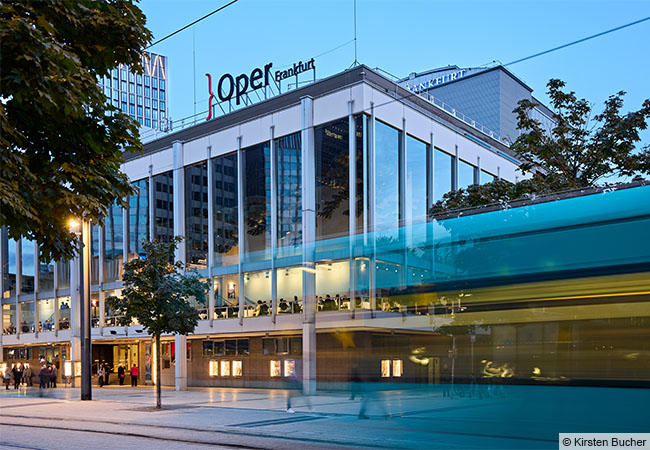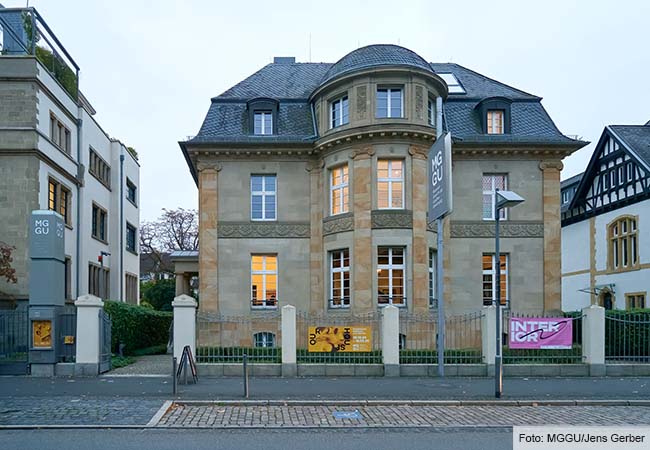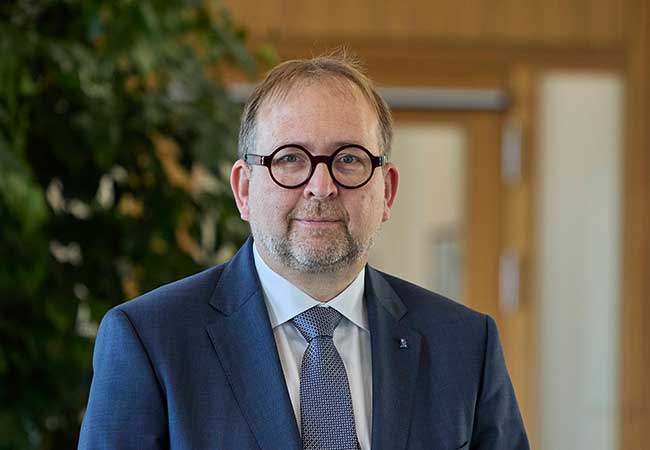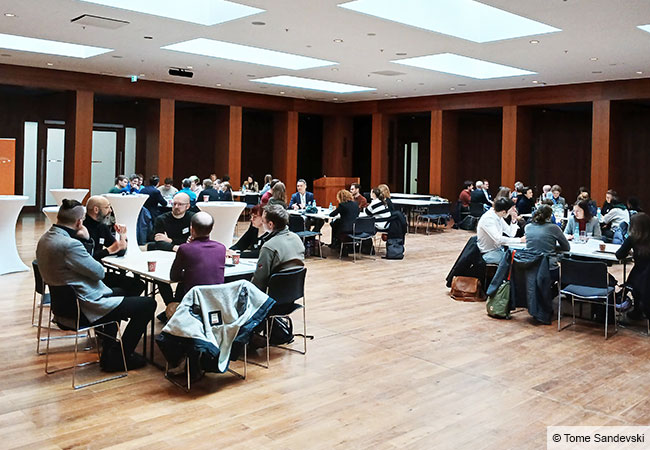American postdoc Gregory Jones-Katz, currently a member of the Forschungskolleg Humanwissenschaften – Institute for Advanced Studies, investigates the history of American philosophy and cultural studies from the 1960s to the present day.
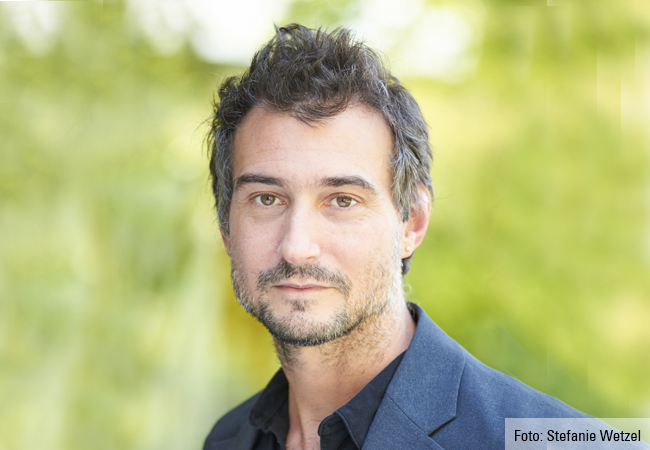
UniReport: Mr. Jones-Katz, your postdoc project probes the idea of an “American Theory”. In your opinion, what defines an American Theory and why should we consider it from a historical perspective?
Gregory Jones-Katz: I currently define “American Theory” as an intellectual and cultural movement that emerged at US universities in the 1970s and later achieved international importance. This movement addressed issues of difference and marginality, and shaped many contemporary ideas about gender identity, race, affirmative action, and cultural assimilation. Despite being labeled “American”, American Theory is a hybrid of ideas with roots in a variety of fields including German and French philosophy and Russian literary theory. This hybrid theory arose in the United States and was later exported to various parts of the world, where it was received and passed on. One example is Jacques Derrida, a French philosopher born in Algeria, whose ideas initially became very popular in the American university system before being exported to other countries. Another case in point is the intellectual exchange between China and the United States, which lasted from 1978 up to the events on Tiananmen Square and in my opinion contributed to the democracy movement in China in the 1980s. These examples illustrate the journeys that ideas take as they circulate and reconnect.
By investigating these physical dissemination paths, such as institutions, journals, seminar rooms, important lectures and books, we can understand how American Theory became popular in the United States and beyond between 1970 and the early 2000s.
However, I think this historical moment is over. The widespread enthusiasm – even euphoria – for American Theory benefited from the huge investments in universities and their expansion in the entire North Atlantic area in the late 1950s, 1960s and early 1970s. During that period, enrollments in and the number of teaching staff at American universities increased hugely, creating an environment where theoretical ideas flourished and found their way beyond academia and into the general culture. The conditions for producing these ideas have changed. Today scientists in the United States face dwindling support and a countermovement against American Theory, which heralds a change in the intellectual landscape and challenges for the humanities.
What is your contribution to the project Democratic Vistas, and how does Walt Whitman’s idea that democracy should permeate daily life influence your work?
My contribution to the project builds on Whitman’s view of democracy, which to him was not just a political system, but an intellectual and existential avowal of liberal values. I also understand democracy not merely as a collection of laws and institutions, but as a way of life that in turn characterizes our daily lives. American Theory is intertwined with democratic ideals because it encourages people to engage with concepts like difference and marginality. Theory is frequently criticized as abstract, but it has impacts on the real world. Reading and discussing texts contribute to a deeper understanding of history and culture, and thus strengthen democracy.
All the same, theory doesn’t have an immediate effect, and it may not unfold until years later. American Theory has influenced activists and experts in various fields, from university teachers to lawyers and journalists, who transported these ideas to the wider society. Education often exerts indirect influences and works in roundabout ways: sometimes texts that we read many years ago come back to us in some inexplicable way to help us deal with today’s problems. This gives rise to deep-running cultural changes that extend over decades, and leave their mark on the views both of society and of individuals.
How has the time you have spent in Bad Homburg to date affected your research?
In the Forschungskolleg I’m researching and writing a chapter of a book on the gender dimension and other diversity aspects of American Theory. In recent months, I have not only been encouraged to think “outside the history box”, i.e. to think more about the political aspects of my work, but to answer the question: What is my criticism of American Theory, if any? I have also gained a deeper understanding of the transatlantic intellectual exchange between America and Europe, and experienced first-hand how ideas, projects and people cross both institutional and regional borders.
What do you like so far about your time in the Kolleg and the work with your colleagues in Frankfurt and Bad Homburg?
The Forschungskolleg in Bad Homburg is a rare and special place – the surroundings, the facilities, the colleagues and the staff are making my stay truly unforgettable. The peaceful, pleasant atmosphere stimulates thought and reflection, and discussions with my colleagues, who have the widest range of backgrounds and experiences, enrich my project because they question the tendency to think within national borders. The interdisciplinary exchange fosters a broader perspective and contributes to a more differentiated understanding of my research. In addition, my connections with the Comparative Literature degree program and Goethe University’s Faculty of History have opened up my intellectual world not only to Germany, but to Europe as a whole.
The Democratic Vistas project set up the John McCloy Transatlantic Forum in part to reach a wider public. What has it meant to you personally to play a part in that?
In January project co-spokesperson Johannes Völz and I held a workshop at a Wiesbaden high school on democracy as a way of life in the public space. I spoke about my experience with democracy – or lack of it – in public places such as Tiananmen Square in Beijing and Liberty Square in Taipei. The contrast between the two squares could not be greater with regard to the freedom of movement and of opinion – which exists on Liberty Square. The students were very interested and engaged, and immediately made the connection to their own use of public spaces. They gave examples like the protests against the AfD, which were taking place at that time, as well as also rock concerts and Carnival festivities. The idea that democracy is not just a political system, but also a way of life and of thinking, was so exciting for them that many wanted to carry on talking even after the lesson had ended.
Questions: Monika Hellstern
Dr. Gregory Jones-Katz is an American intellectual and cultural historian. He earned his Ph.D. in American History from the University of Wisconsin–Madison in 2016. He then spent six years at the Chinese University of Hong Kong in Shenzhen, until leaving China in 2022 under pressure from increasing authoritarianism. In 2022/2023 he taught at the University of Duisburg-Essen. Jones-Katz was an international fellow at Kulturwissenschaftliches Institut Essen (KWI) and the Center for Advanced Studies at Ludwig-Maximilians-Universität in Munich. His first book, Deconstruction: An American Institution, was published by the University of Chicago Press in 2021. As a fellow of the research focus “Democratic Vistas. Reflections on the Atlantic World”, he is currently at the Forschungskolleg Humanwissenschaften, working on his second book project, The Empire of Theory and the Triumph of Neoliberalism 1965–2008. In it, he examines the history of American Theory and its broader impact in the United States from the 1960s up to the first decade of this century.


